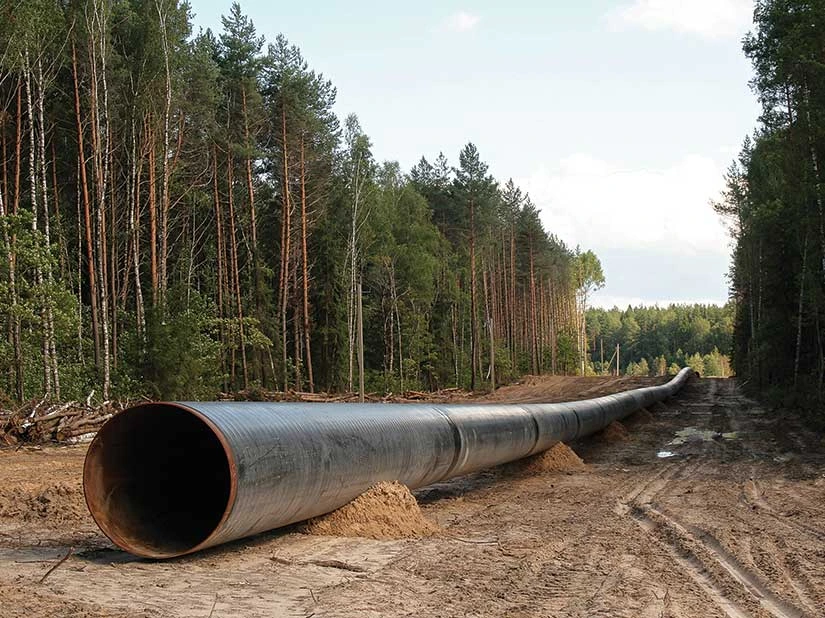Environmental Due Diligence for Pipeline Construction
Client Challenge
The construction of new natural gas pipelines is an important component of this energy company’s strategy to improve service for its customers across the southeastern US. A planned interstate natural gas pipeline would stretch 550 linear miles and intersect thousands of land parcels. Support properties along the route would be used to stage and store pipe sections, equipment, vehicles, and construction materials. These properties include structured leases for diverse facilities such as former textile manufacturing plants, warehouses, and timber yards, as well as dormant properties with a wide range of historic activities and environmental concerns.
A flexible and responsive approach to completing the many Phase I environmental site assessments (ESAs) along the pipeline right-of-way was required to facilitate project progression. Tailored field observations and reporting were needed to address the complexities of parcel subunits so that conditions affecting the leased parcels were clearly segregated from the parent properties. GES was tasked to efficiently complete the ESAs while carefully assessing complex situations involving environmental concerns on parent parcels and their potential impact on the lease areas.
GES Solution
GES has an effective programmatic approach that leverages our internal personnel and resources to efficiently conduct on-site evaluations, review documents, and submit detailed site information in an expedited manner.
Site visits were scheduled within five days of notice to proceed. Electronic GIS, data collection, and reporting applications were loaded onto field tablets for e-form entry by field inspectors. This enabled field crews to relay their observations and photographs in real time to the document reviewers, with the opportunity to drill down to additional site issues as needed. Quality assurance was implemented through a tiered process by which senior staff assessed and approved the key findings of investigators who conducted the initial information gathering, commonly employing Freedom of Information Act (FOIA) requests to obtain comprehensive site histories. A large, complex parcel might involve initial staff review of over 900 documents with senior analysis of fewer than 50 critical documents.
Client Value
GES provided a practical and cost-effective approach to completing these time-sensitive ESAs, while incorporating the necessary quality controls to identify and address complex situations involving the environmental impact of parent parcels on the lease areas. GES’ field and assessment work plan was driven by the energy company’s business schedule. This approach also presented cost advantages to the client, with flexible pricing reflecting parcel size and complexity of records review requirements.
